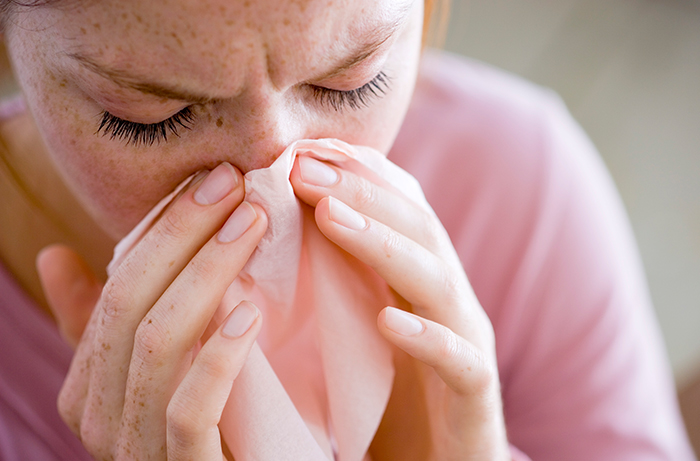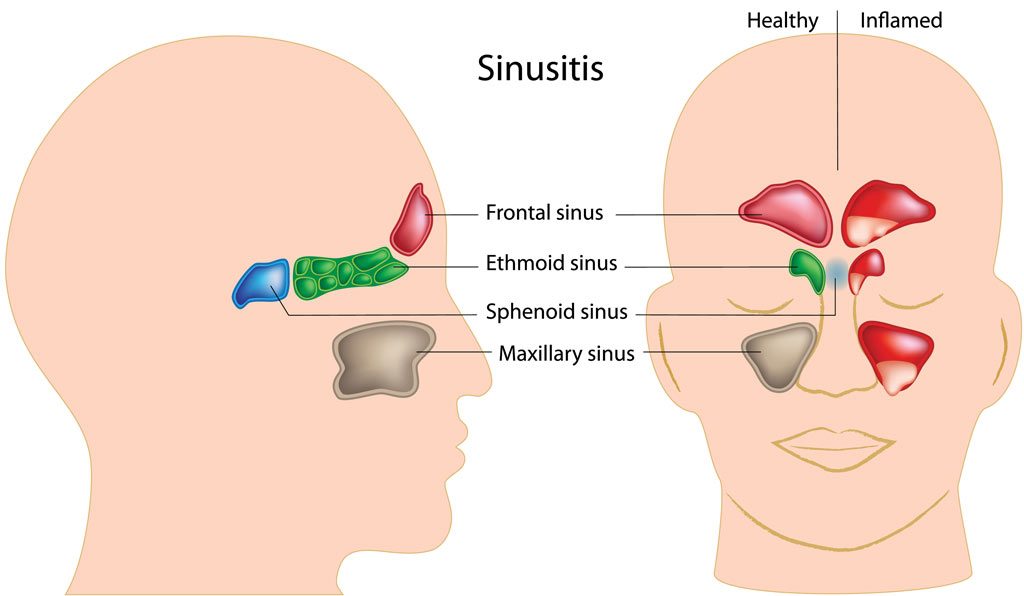
Having a fever and sinus symptoms can indicate a serious sinus disease or an allergy
When you suspect that you have sinusitis, see your doctor for proper treatment. In most cases, a sinus disease lasts between three to twelve days.
A serious sinus disease lasts between three and twelve days. Some people experience pain in the ear, around the eyes, the nose, cheekbones, cheeks, or on the forehead, back of the head. They may also experience nasal discharge and nasal congestion.
If you suffer from a severe sinus disease, your doctor may recommend surgery. Your doctor may also recommend antibiotics. Antibiotics kill bacteria in the sinuses. In some cases, a steroid spray may be prescribed to reduce swelling and inflammation. The patient must take these medications regularly to prevent infections in the sinuses.
There are several treatments for sinus infections. In order to get better symptoms under control, your doctor will try different treatments. They may recommend surgery if the infection does not respond well to other treatment. For those with severe sinus problems, surgery might be necessary. If surgery is not needed, corticosteroids can help.
When your sinuses heal, they will stay healthy and function properly. However, if your sinuses become infected, they can become inflamed, swollen, or infected. When this happens, your doctor will treat the infection with antibiotics, steroids, or decongestants.
Another common symptom of a sinus problem is a sore throat. Sore throats are caused by mucous blocking the nasal passage and causing a cough. When your sinuses become inflamed, a sore throat is often associated with a headache.
If your sinuses become infected, there can be an infection in the throat that causes pain, fever, and sometimes a cold feeling. If these symptoms occur, you should see your doctor. If they last for more than two weeks, you should seek medical help immediately.
If you experience a fever or have a cold feeling after having sinuses cleaned, then you should see your doctor. An infection in the throat can cause the sinuses to get inflamed. Your doctor may recommend antibiotics. He may prescribe an antibiotic spray, such as Benicar or Miconazole.

If there is an infection in the throat, antibiotics will kill off all bacteria in the nasal passages
Steroids are prescribed for people with severe sinusitis because they fight infection, such as bacterial infection, and block the release of mucus from the sinuses.
To treat a sinus infection, your doctor will recommend a variety of different treatments. Most people need to clean their sinuses more often to keep them clean, but some people don't need to do anything to prevent sinus problems.
Some people use a warm water solution in the mouth at night before going to sleep, to reduce the chance of bacteria being in the nasal passages. Others use antihistamines or decongestants before going to bed. and use a humidifier while sleeping. Some people can use over-the-counter decongestants like Sudafedil or Motrin to help prevent sinus infections.
Many people choose to use over-the-counter decongestants to relieve their sinuses. These decongestants include Atabrine, Advil or Lunesta, and Tums.
However, the effectiveness of over-the-counter decongestants in treating a sinus infection is not known. A doctor will discuss this with you before using any type of decongestant.
Another type of treatment that your doctor may prescribe is a decongestant to help clear the sinuses of mucus that may be accumulated in your nose because of a sinus infection. This can be a little more difficult for some people to swallow than normal decongestants, so it may be used by those who cannot drink liquids.
Many people choose to take antibiotics to treat their sinus infections. These can kill the bacteria that cause the sinuses to become inflamed, which is how the sinuses get infected. The antibiotics will kill all bacteria in the nasal passages, and this will help reduce the risk of an infection happening again.
If your sinuses get worse, you may also want to see your doctor for advice on decongestants. or antibiotics. If you don't want to take medicines, there are many herbal remedies that are available that can help relieve the pain.